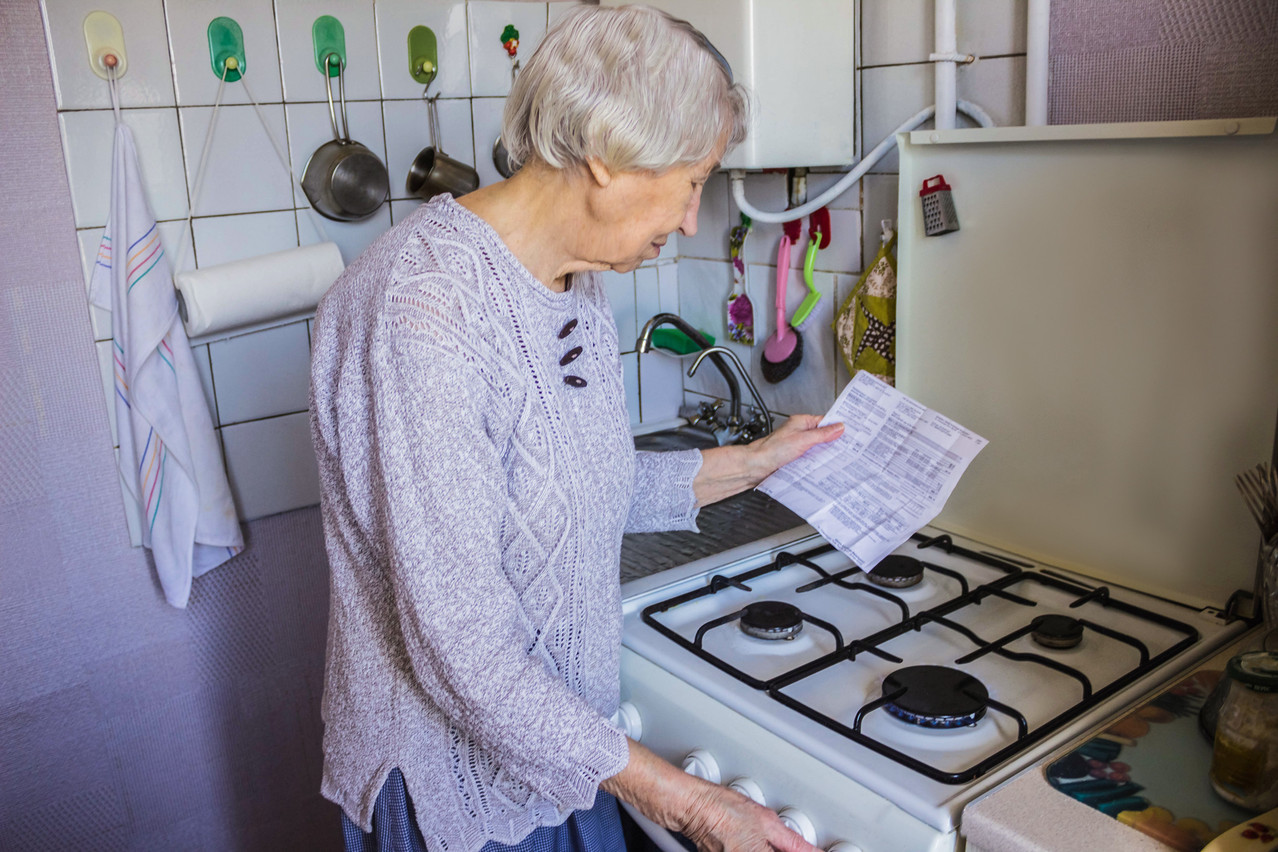Spread over eight months from 1 May, the government’s plan to reduce gas network charges to zero will cost €35m instead of the €45m announced initially.
Prices on wholesale natural gas markets have fluctuated wildly in recent years: they were around €20 per MWh before the health crisis, before reaching very low values (€5 per MWh) in the summer of 2020, due to the drop in demand during the lockdown. Subsequently, the recovery of the global economy, a cold spring in 2021 and declining Russian gas exports put strong pressure on natural gas prices, which reached €150 per MWh towards the end of 2021, before falling back to a level of €60-€100 per MWh in early 2022.
15 times pre-covid levels
The Russian invasion of Ukraine has caused a further spike in wholesale market prices, which at times have exceeded €300 per MWh, 15 times higher than pre-covid levels. These prices are expected to remain very high in 2022 and 2023. Hence the government’s measure to help Luxembourg households pay for their gas supply by reducing the costs of using the network to zero.
The integrated price of gas is made up of four elements. There is natural gas energy, which makes up 68.5% of the bill for a typical residential customer. Then there are the network usage charges, which account for 17.9%. Various taxes make up the rest of the bill (natural gas taxes, CO2 tax, VAT).
This measure therefore makes it possible to “offset almost half of the increase in the energy component between 2020 and 2022” and ensures that “the integrated price of natural gas remains affordable for all residential customers despite the evolution of market prices,” according to the arguments developed by the ministry of energy in its bill.
Households targeted
The energy ministry’s aid is aimed primarily at households, not companies, which benefit from a separate aid scheme managed by the economy ministry. For the latter, the aid will be paid to any user of the network who registers a maximum hourly flow of less than 65m3. This excludes large companies that have a significant gas consumption. Smaller companies with smaller meters will also be eligible for aid.
Each month, the natural gas distribution network operators (Creos Luxembourg, Sudenergie and the City of Dudelange) will charge the state for the usage costs of their targeted network users. The state thus, in a way, replaces the network users by paying the costs incurred by their use of the network in their place.
This story was first published in French on . It has been translated and edited for Delano.
